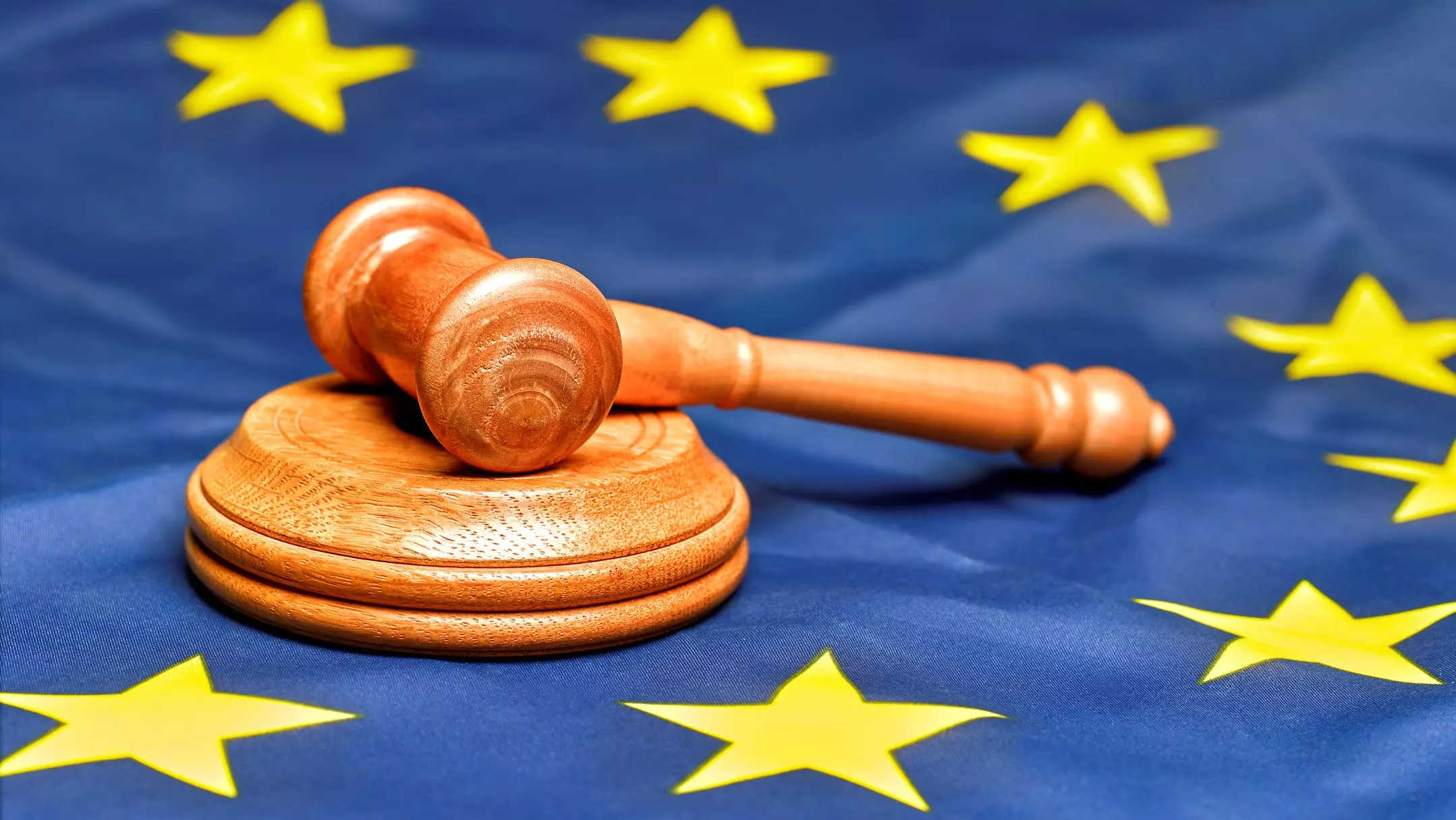The Digital Markets Act (DMA) represents a crucial regulatory framework that aims to level the playing field within the tech industry, particularly for those operating in the European Union. It is an ambitious attempt to ensure that so-called “gatekeepers” of digital markets—companies that hold significant power—do not abuse their positions. Recently, the European Commission highlighted breaches of this act by two tech giants, Apple and Meta, leading to hefty fines totaling €700 million. These penalties serve as vital reminders of the EU’s commitment to promoting fair market practices, but do they truly impact the behavior of such cash-flush corporations?
The crux of Apple’s violation lies within its App Store policies, which limit developers from informing potential customers about alternative purchasing options outside of the company-controlled ecosystem. This restriction directly contravenes the DMA’s anti-steering provisions, aimed at empowering consumers and developers alike. Meanwhile, Meta’s breach stems from its controversial “consent or pay” advertising model. This model offered users a stark choice between consenting to invasive data practices or paying for an ad-free experience, but failed to provide a viable alternative for those wary of personal data aggregation.
The Weight of Fines Against Corporate Giants
On the surface, the fines are substantial—€500 million for Apple and €200 million for Meta—yet, when placed within the context of their overall financial standings, these amounts become trivial. Meta, for instance, has reported operating losses in its Reality Labs division for six consecutive years, totaling an eye-watering $17.7 billion in 2024, while continuing to generate annual revenues of $164.5 billion. Similarly, Apple’s financial health shines with a remarkable $124.3 billion in revenue during the first quarter of this year. Given these figures, it raises the question of whether these fines will prompt meaningful changes in behavior or merely be viewed as a minor expense.
Indeed, when companies can sustain such colossal losses without immediate consequences, fines of several hundred million euros seem more like a regulatory irritant than a robust deterrent. The culture of “business as usual” prevails, as the repercussions of an infraction can be absorbed without significant fallout. This state of affairs begs for deeper examination: are regulatory frameworks like the DMA adequately equipped to bring about substantial behavior change among corporate behemoths?
The Consumer Perspective: Navigating Data Privacy and Choice
From a consumer standpoint, the implications extend beyond the financial penalties imposed on these corporations. The ability of consumers to make informed choices about their data usage is central to the DMA’s goals. Apple’s practices, which have been criticized for hindering developers from freely communicating alternative offers, deny consumers the opportunity to make more economical decisions based on their values. It is vital for consumers to have the freedom to choose services that respect their data preferences without being cornered into agreeing to terms that favor the corporation over consumer privacy.
Additionally, Meta’s advertising model raises pressing ethical questions about user consent and autonomy. By presenting a binary choice that essentially coerces users into opting for personalized data exploitation or cost, Meta undermines the very essence of user rights as envisaged in the DMA. The Commission’s assertion that users lacked genuine options challenges the ethicality of using data as a bargaining chip. It suggests that transparent consent mechanisms are still woefully inadequate in today’s digital landscape.
The Future of Regulation and Corporate Responsibility
While the recent fines stand as significant regulatory milestones, they also shine a light on a more extensive regulatory inertia that exists around the globe. As governments continually grapple with the complexities of digitally-driven economics, the demand for robust frameworks that catch up with rapid technological advances becomes increasingly clear. The DMA is indeed a step in the right direction, but it may necessitate more profound measures and consistency in enforcement.
For tech giants like Apple and Meta, the challenge lies in evolving from merely compliance to genuine corporate responsibility. This means shifting from a profit-at-all-costs mentality to one that aligns with ethical business practices and consumer rapport. Such a behavioral pivot could set a new industry standard, ensuring that user interests are prioritized over corporate gain, ultimately fostering a healthier digital ecosystem. As the discussion unfolds, it will be intriguing to see how these companies adjust their practices and strategies in response to ongoing regulatory scrutiny and consumer demands for accountability.

